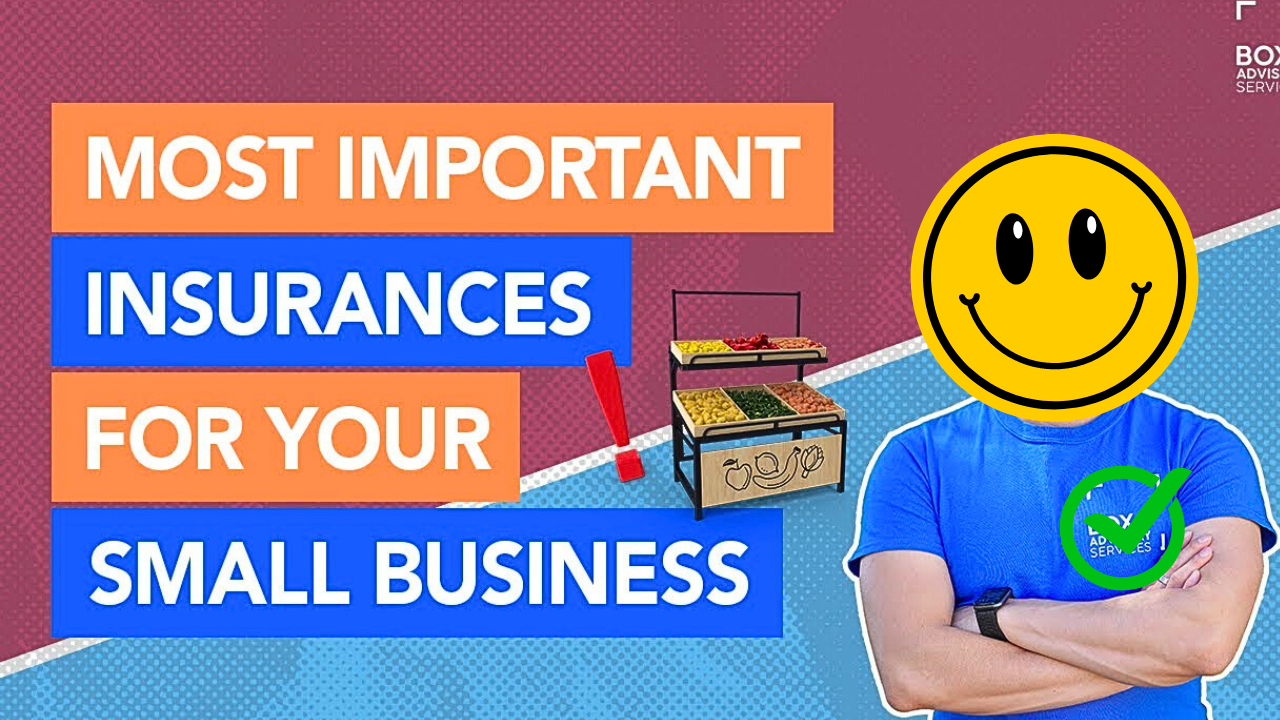5 Tips When Shopping for NY Business Owner Insurance
Operating a business in New York is exciting, but it also takes its toll in making sure that your business is protected in case something unforeseen happens along the way.
One of the most critical ways to ensure protection from any potential financial loss resulting from an accident, lawsuit, or natural disaster is through business owner insurance.
You May Read – Small Business Insurance in Florida: Get Free Compare Rates & Quotes
Sometimes, picking the right insurance can be overwhelming due to the variety of factors involved in insurance.
NY Business Owner Insurance
To help you make this important decision, here are five key things to remember when you go to buy NY business owner insurance:
1. Understand the Types of Coverage You Need
Business insurance is not a one-size-fits-all deal. Different businesses have different risks, and so should your insurance. Take the time to understand some of the available coverages before shopping. Some of the most common coverages include:
General Liability Insurance: This provides the basic structure for every business insurance policy. It pays all legal costs and compensation awarded if your company is found to be liable for property damage, bodily injury, or even certain advertising errors.
Property Insurance: If your company owns or rents physical space, property insurance protects your building, inventory, equipment, and other business assets against fire, theft, vandalism, and other perils.
Business Interruption Insurance: This would provide for loss of income and operating expenses if your business has to temporarily close due to a covered event, such as a fire or natural disaster.
Workers’ Compensation Insurance: If you have employees, NY law requires workers’ compensation insurance for medical costs and lost wages in case an employee gets injured or ill from a job.
Knowing which ones apply to your business will keep you off paying for coverages that are extras and also will assure you are not left vulnerable in critical areas.
2. Work with a Reputable Insurance Broker or Agent
The world of business insurance can be very confusing, particularly to the first-time buyer. A savvy insurance broker or agent will lead you through the process and make sure that you receive the coverage that best fits your business needs. Here’s how dealing with a broker can pay off:
- Expert Advice: Brokers and agents understand the nuances of various insurance policies well and are thus able to assist in finding one that most likely pertains to the industry your business is in and the specific risks associated with it.
- Multiple Provider Access: Insurance brokers generally work with several insurance carriers. This would mean that they will present more options for comparison rather than putting forth a single offer.
- Personalized Service: Each business is different, and your broker can take the time to learn your unique operation, your growth plans, and the level of risk you are willing to take on. They can tailor the perfect package for your situation.
- Claim Assistance: If you must file a claim, a broker can serve as your advocate, assisting in making sure everything goes smoothly.
Look for an agent or broker who is licensed to operate in New York and who has experience dealing with businesses like yours.
3. Analyze and Compare Quotes and Policies
It is always wise to compare some quotes before opting for any insurance policy. The prices and coverage may vary substantially between different insurance providers. Following are some key points that may be compared in policies:
- Premiums: The money you pay for coverage, usually every month or year. Keep in mind the comparison of the premium cost to the amount of coverage you will receive.
Deductibles refer to the amount of money you will be charged yourself before the insurance becomes effective. Policies with lower premiums come with higher deductibles; so you find a balance appropriate for your business’s budget. - Coverage Limits: The policy will spell out the limit other words, how much the insurance company will pay in the event of certain types of claims. You must ensure that these limits are set high enough to treat potential losses.
- Exclusions: All policies have exclusions for things that are not covered. Make sure to study the fine print to avoid surprises later on.
You will be comparing policies to ensure you are getting the best value for money while covering the necessary risks.
4. Consider Bundling Your Insurance Policies
With most insurance companies, there are package deals or discounts for bundling different types of insurance together. You might be able to combine general liability, property, and business interruption insurance into one “business owner’s policy” or BOP. Among the advantages of bundling are:
- Cost Savings: Many insurance companies offer discounts for bundling multiple policies in one, hence reducing your overall premium.
- Simplified Management: The bundling can make it easier to handle because one will have fewer policies to deal with and maybe only one date of renewal to remember.
- Comprehensive Coverage: A BOP could be tailored towards your business based on the particular risks involved. It is one policy that gives comprehensive coverage.
While bundling may not be an option, sometimes the right choice, for every business, it’s at least a point worthy of discussion with your broker or agent to see whether bundling can save you money and smoothen your coverage.
5. Review Insurance Needs Periodically
Your business is constantly changing, and so are the risks you face. Therefore, it is very crucial that you periodically review your insurance needs. Events that may optionally trigger a coverage review in your business include:
- Business Growth: If you add more locations, increase employees, or build up inventory, you may need to raise your coverage limits.
- New Services or Products: Introducing new services or products can bring forth a wide array of risks to your business. Insurance policies should keep pace with the new services and products that your business provides.
- Equipment Upgrade: Be it new machinery or new technology; one would always want it added to his property insurance policy.
- Changes in NY Laws: Business insurance laws and regulations may change from time to time. Be in the know of what might be required in addition, so you can be well prepared to meet them.
Your periodic review with your broker ensures your insurance keeps pace with your business growth and risk profile.
Shopping for New York business owner’s insurance can be a little overwhelming; once you know what you need, with a good broker, comparing quotes, bundling, and periodic reevaluation, the process is infinitely smoother.
Taking the time to find the right insurance positioning will better protect your business and enable you to focus on what you do best: running and growing your company.
Auto, Home, Business & Life Insurance! Our agency is locally owned & operated in Hornell, NY and we look forward to serving the people of our community.



